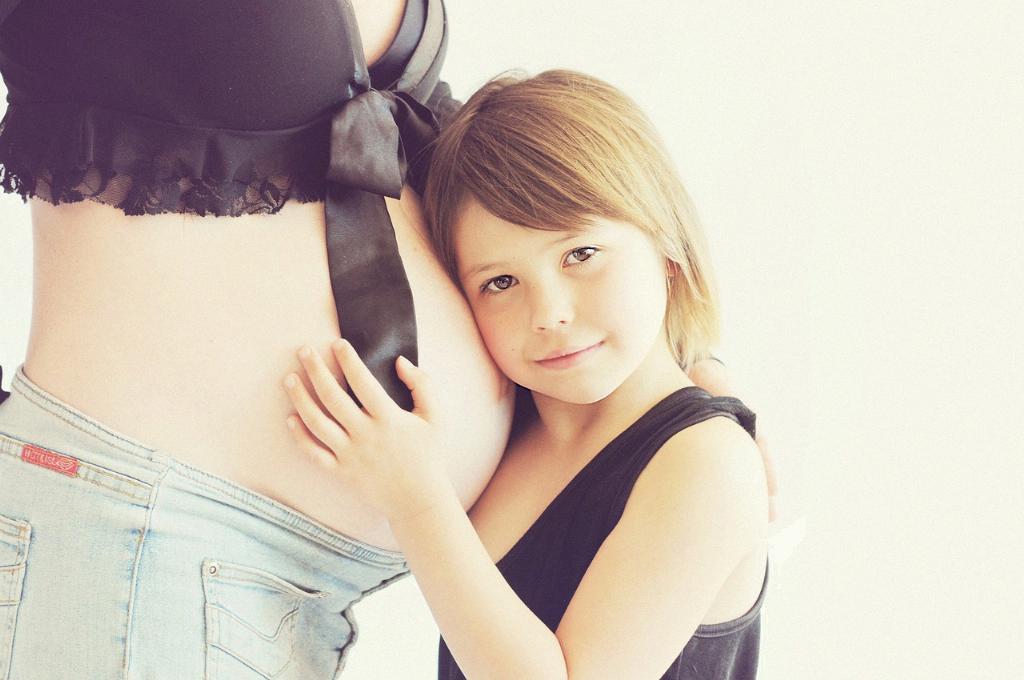For many women, the prospect of getting pregnant after undergoing fallopian tube surgery can be a source of concern and uncertainty. The American College of Obstetricians and Gynecologists reports that the rate of pregnancy for women who have had partial removal of their fallopian tubes is approximately 7.5 per 1,000. However, when it comes to women who have undergone full removal of their fallopian tubes, such as in cases of tubal ligation or salpingectomy, comprehensive data is lacking due to the rarity of such occurrences.
Factors Affecting Fertility After Fallopian Tube Surgery
One of the key factors that can influence the ability to conceive after fallopian tube surgery is the extent of the procedure. Partial removal of the fallopian tubes may still allow for the passage of eggs from the ovaries to the uterus, albeit with a decreased rate of success. On the other hand, complete removal of the fallopian tubes can pose a more significant barrier to natural conception.
Impact of Fallopian Tube Surgery on Ovulation
In cases where one or both fallopian tubes have been removed, there may be concerns about the impact of the surgery on ovulation. The absence of a direct pathway for the egg to travel to the uterus can hinder the fertilization process. However, it’s important to note that ovulation can still occur in these circumstances, and alternative methods such as in vitro fertilization (IVF) may offer viable options for conception.
Exploring Alternative Fertility Treatments
For individuals facing challenges with fertility after fallopian tube surgery, exploring alternative treatments and assisted reproductive technologies can provide hope for achieving pregnancy. Techniques such as IVF, where eggs are retrieved from the ovaries and fertilized in a laboratory setting before being implanted in the uterus, have been successful in helping individuals conceive even in the absence of fallopian tubes.
Emotional Considerations and Support
It’s essential to acknowledge the emotional impact that fertility issues can have on individuals and couples who are navigating the journey towards pregnancy after fallopian tube surgery. Seeking support from healthcare professionals, counselors, or support groups can offer valuable guidance and emotional assistance throughout the process.
Consulting with Fertility Specialists
Individuals who are considering pregnancy after fallopian tube surgery are encouraged to consult with fertility specialists who can provide personalized recommendations and treatment plans based on their unique circumstances. Fertility experts can conduct thorough evaluations and diagnostics to assess the best course of action for achieving pregnancy.
Monitoring Ovulation Cycles
Monitoring ovulation cycles can be a crucial aspect of maximizing the chances of conception after fallopian tube surgery. Understanding the timing of ovulation and utilizing methods such as tracking basal body temperature or using ovulation predictor kits can help individuals identify their most fertile days and optimize their chances of pregnancy.
Supporting Reproductive Health
Adopting a healthy lifestyle and supporting reproductive health can play a significant role in enhancing fertility outcomes after fallopian tube surgery. Maintaining a balanced diet, engaging in regular exercise, managing stress levels, and avoiding harmful habits such as smoking can contribute to overall reproductive wellness.
Effectiveness of Assisted Reproductive Technologies
Assisted reproductive technologies, such as IVF, have revolutionized the landscape of fertility treatment, offering new possibilities for individuals seeking pregnancy after fallopian tube surgery. By bypassing the need for intact fallopian tubes, IVF can be a highly effective method for achieving pregnancy in cases where natural conception may be challenging.
Exploring Adoption and Surrogacy Options
For individuals who may face difficulties with conceiving naturally after fallopian tube surgery, exploring alternative pathways to parenthood such as adoption or surrogacy can offer fulfilling alternatives. These avenues can provide opportunities for building a family and experiencing the joys of parenthood through different means.
Conclusion: Navigating the Path to Pregnancy After Fallopian Tube Surgery
While the prospect of getting pregnant after fallopian tube surgery may present unique challenges, there are diverse options and resources available to support individuals in their journey towards parenthood. By seeking guidance from fertility specialists, exploring alternative treatments, and prioritizing reproductive health, individuals can navigate the path to pregnancy with optimism and resilience.

